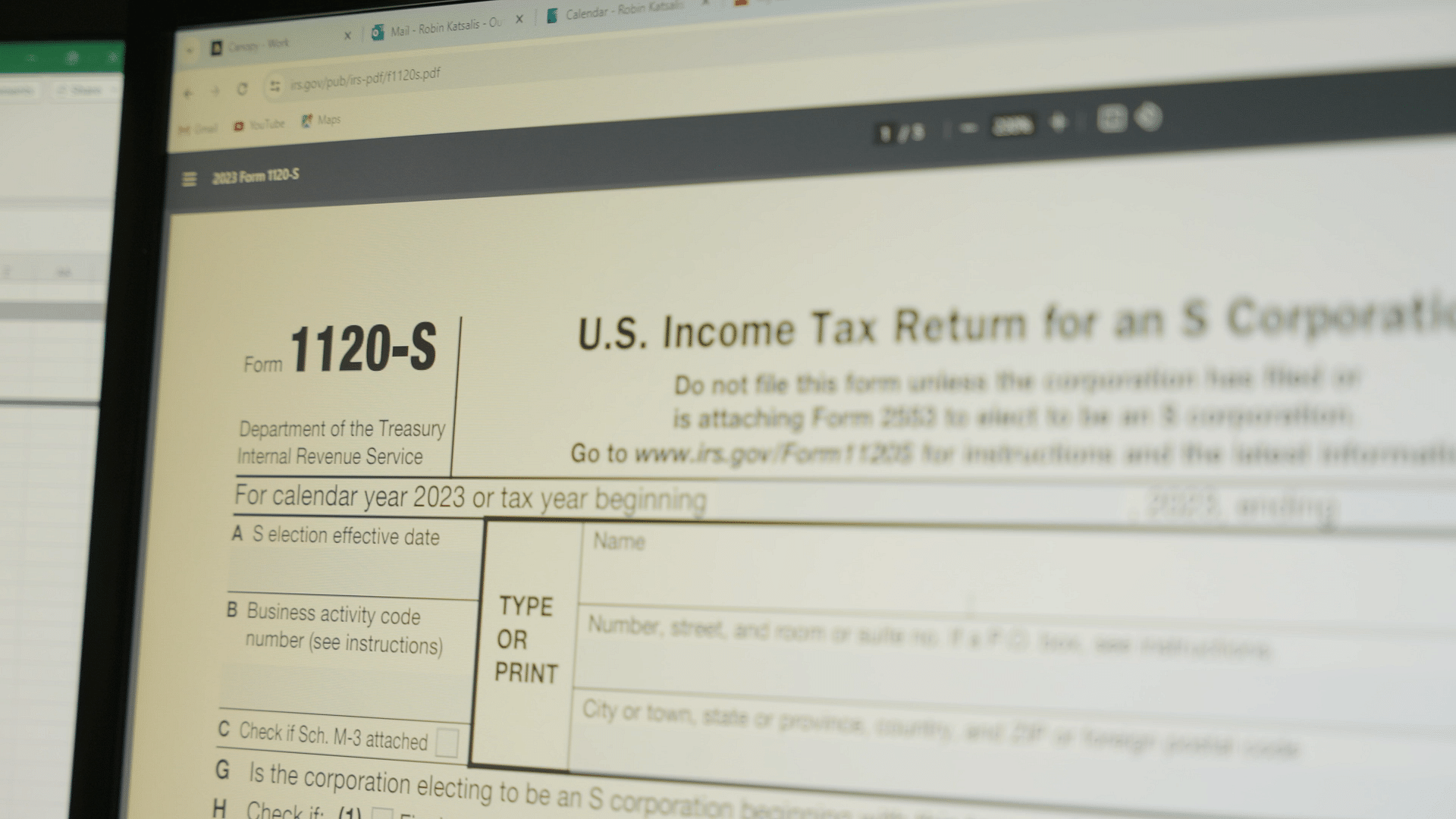
The Most Valuable Tax Deductions for Small-Business Owners
Feb 28th, 2022
What Is A Tax Deduction?
Tax deductions (sometimes referred to as "write-off's") are expenses you make on behalf of your business throughout the year, the total of which can be subtracted from your final tax payment. The deductions are codified into law to help small businesses relieve some of their tax obligation and become more profitable-but there's a catch.
Deductions can only be claimed under the right circumstances, and there are strict penalties for business owners and individuals who claim tax write-offs with no evidence that they qualify for them-and the IRS doesn't take tax fraud lightly. Detailed record keeping is crucial to legally claiming these tax write-offs, and small businesses need a reliable bookkeeping service to take the guesswork out of your deductions. Once you've found small business tax services that work for you, it's easy to take advantage of the dozens of tax deductions available for small business owners. Let's look at some of the most valuable ones that you should familiarize yourself with before April.
Advertising
Money you spend on promoting your business can be directly subtracted from your year-end tax burden. Examples of advertising that can be tax deductible include paying someone to develop a logo or graphics for your business, sponsoring a promotional event, paying to have business cards printed, buying ad space online or in print. These expenses are 100% deductible as they can be viewed as integral to running your business.
Business Meals
Food is rarely considered as a business asset, but restaurant meals with clients, food per diems on business trips, and supplies for an office are all deductible. There are several stipulations however, in that meals cannot be considered "lavish or extravagant" under the circumstances, must be a normal and necessary part of carrying out your business, and the owner or an employee of the business must be present.
Home Office
Just because you use your home home in your business does not justify the home office deduction.There are strict definitions the IRS uses when determining whether someone owns a "home office" that qualifies for a home office tax deduction: the simplified method and the standard method.
The Simplified method means you can deduct $5 per square foot of your home that is used for business, up to a maximum of 300 square feet. The Standard method is more complicated, but it can result in a greater deduction. Track all expenses of maintaining your home, such as mortgage interest or rent, utilities, taxes, cleaning fees, etc. Multiply these expenses by the percentage of your home devoted to business use.
Business Use of Car
Using a personal vehicle for business purposes isn't a waste of gas-every cent spent on gasoline, repairs, or registration or other fees can be deducted from your tax burden. However, these deductions can only be made for trips made for official business use, and you'll have to keep track of what you spend. There are two ways to calculate your deduction: The standard mileage rate and the actual expense method.
The Standard mileage rate requires you to multiply the miles driven for business during the year by a standard mileage rate, which in 2021, was $0.56 per mile. In 2022, it is $0.585 per mile. With the Actual expense method, all the costs of operating the vehicle for the year are multiplied by the percentage of miles driven for business.
Education
If you decide to pursue education to benefit your business by increasing your expertise, you can write off certain associated costs. Examples that the IRS might deem deductible include classes and workshops to increase your skills, subscriptions, or memberships to trade related organizations and publications, and expenses related to travel to and from classes. Different educational resources are treated separately, however, and it's best to ask a professional's advice before seeking a deduction for your exact circumstances.
Travel
Plenty of business-related travel expenses can be deducted from your tax obligation, but they must meet certain definitions. For a trip to be deductible, it must be a normal and necessary part of your business and must take place away from your "tax home," which is defined as the city or general area where your business is conducted, and the trip must last longer than one day. Some examples include plane tickets or other fare, parking fees, hotel or boarding fees, and packages shipped to or from the destination.
Rent
If you pay rent for a location or equipment for your business, you can deduct the costs as a business expense. However, this does not apply to your home-even if you have a home office. That rent can be deducted as a part of home office expenses.
Telephone and Internet
If the use of a telephone or internet connection is integral to your business, you can deduct the cost of these services only to the point at which you use them for business. Your home's landline, for example, cannot be deducted, but a second line used for business could be. If you have mixed personal and business use for these services, keep an itemized receipt for all your expenses in case of an audit.
Insurance
Most businesses will have some sort of insurance policy, and the cost of the business owner's health insurance, business continuation insurance and the business owner's policy may all be completely deductible. Even health insurance can qualify for up to a 50% tax credit under the Qualified Small Employer Health Reimbursement Arrangement (QSEHRA). Other types of deductible insurance policies include property insurance, liability coverage, malpractice insurance, workers' compensation costs, auto insurance, business provided employee life insurance and business interruption insurance.
Understanding the multitude of tax obligations for your business is challenging, but there are more tax deductions available to business owners who understand the system. Every business is able to take advantage of both state and federal tax deductions that are unique to their specific financial situation. Proper monthly bookkeeping and accounting services and a little guidance from a professional business services firm like Appletree can save you big this tax season, so start planning today!


Let’s Help Eliminate Your Stress
If you choose Appletree Business Services for your bookkeeping, payroll or tax needs, you’ll find that good things begin to happen in your business. Your common financial challenges will become simple with a clear map to create your ideal situation. More than that, we’ll identify your “typical” stresses and help make them go away.